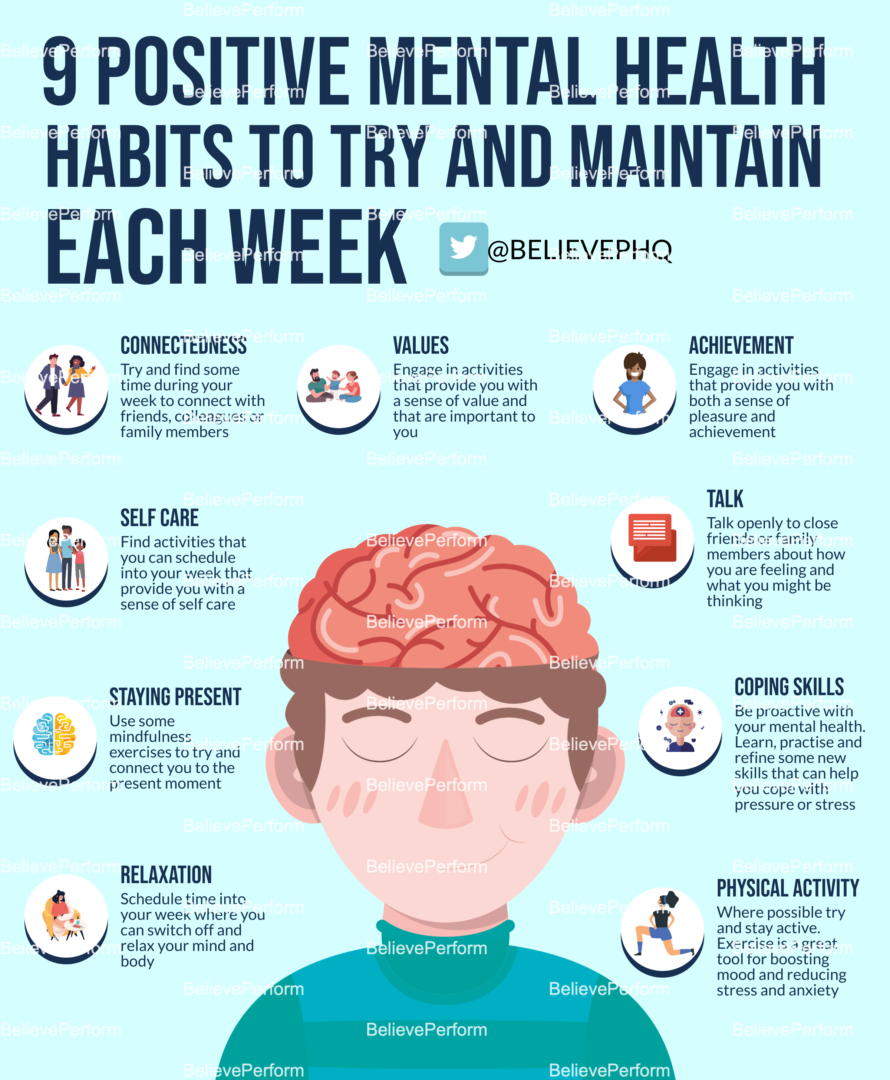Resilience And Mental Health: Practical Guide To Positive Growth

Table of Contents
Understanding Resilience and its Impact on Mental Health
Resilience is the ability to bounce back from adversity, adapt to change, and learn from challenges. It's not about avoiding hardship, but about possessing the inner strength to navigate difficulties and emerge stronger. The connection between resilience and mental wellbeing is profound. Higher resilience correlates with lower rates of anxiety, depression, and stress. Individuals with strong resilience often experience a greater sense of overall well-being and life satisfaction.
- Resilience acts as a buffer against mental health issues. It helps mitigate the negative impact of stressful events, reducing the likelihood of developing mental health conditions.
- Building resilience strengthens coping mechanisms. Resilient individuals possess a wider range of effective strategies for managing stress and overcoming challenges. These coping mechanisms might include problem-solving, seeking social support, or practicing self-care.
- Resilient individuals experience faster recovery from setbacks. They are better able to process difficult experiences, learn from them, and move forward with renewed purpose.
- Improved self-esteem and confidence result from building resilience. Successfully navigating challenges boosts self-belief and fosters a sense of self-efficacy, impacting positively on mental health.
Practical Strategies for Building Resilience
Building resilience is an active process that requires consistent effort and self-awareness. Here are some practical strategies to incorporate into your life:
Cultivating a Positive Mindset
A positive mindset is a cornerstone of resilience. It allows you to view challenges as opportunities for growth rather than insurmountable obstacles.
- Practice gratitude: Regularly acknowledging the positive aspects of your life, no matter how small, shifts your focus towards what you have rather than what you lack. Keep a gratitude journal or simply take a few minutes each day to reflect on things you're thankful for.
- Mindfulness and meditation: These techniques help you become more aware of your thoughts and emotions, allowing you to manage stress more effectively. Even a few minutes of daily mindfulness can significantly impact your mental well-being.
- Positive self-talk: Replace negative self-criticism with encouraging affirmations. Challenge negative thoughts and replace them with more realistic and positive ones.
- Focus on your strengths: Identify your personal strengths and talents. Leveraging these strengths in challenging situations can build confidence and self-efficacy.
Building Strong Social Connections
Strong social connections provide a crucial support system during difficult times.
- Importance of social support: Leaning on trusted friends, family, and community members for emotional support, practical assistance, and a sense of belonging is vital for resilience.
- Nurturing relationships: Invest time and effort in building and maintaining meaningful relationships. Regular communication and shared activities strengthen bonds and provide a sense of security.
- Seeking professional support: Therapists, counselors, and support groups provide valuable guidance and support for navigating mental health challenges. Don't hesitate to seek professional help when needed.
- Joining communities: Finding groups with shared interests fosters a sense of belonging and provides opportunities for social interaction and support. This can be particularly helpful for individuals feeling isolated or lonely.
Developing Healthy Lifestyle Habits
A healthy lifestyle significantly contributes to mental well-being and resilience.
- Prioritizing sleep: Aim for 7-9 hours of quality sleep per night. Sufficient sleep is crucial for physical and mental restoration.
- Regular exercise: Physical activity releases endorphins, reduces stress, and improves mood. Find an activity you enjoy and make it a regular part of your routine.
- Balanced nutrition: Fuel your body with healthy foods that provide the nutrients it needs to function optimally. A balanced diet can have a profound effect on mood and energy levels.
- Limiting substance use: Avoiding or reducing alcohol and drug consumption is crucial for mental health. Substance use can exacerbate mental health issues and hinder your ability to cope with stress.
Recognizing Warning Signs and Seeking Help
Recognizing warning signs of mental health struggles is crucial for early intervention. Persistent sadness, anxiety, changes in sleep patterns, loss of interest in activities, or significant changes in appetite are all potential indicators. Early intervention is key; seeking professional help at the first sign of trouble can significantly improve outcomes.
Resources for support include: mental health helplines (e.g., the Crisis Text Line), therapists, psychiatrists, and online support groups. Understanding different mental health conditions, such as anxiety and depression, allows for better self-advocacy and informed decision-making regarding treatment.
Conclusion
Building resilience is an ongoing journey, not a destination. By actively implementing the strategies outlined in this guide, you can significantly improve your mental health and navigate life's challenges with greater strength and positivity. Remember, fostering resilience isn’t about avoiding hardship; it's about building the inner strength to overcome obstacles and experience positive growth. Take the first step today toward enhancing your resilience and mental well-being. Learn more about building your resilience and mental health and start your journey towards a more fulfilling life.

Featured Posts
-
 Who Is Lou Gala The Breakout Star Of The Decameron Explained
May 20, 2025
Who Is Lou Gala The Breakout Star Of The Decameron Explained
May 20, 2025 -
 Mick Schumachers F1 Future Haekkinen Offers Hope
May 20, 2025
Mick Schumachers F1 Future Haekkinen Offers Hope
May 20, 2025 -
 Situatsiya S Shumakherom Ostaetsya Pechalnoy Novye Podrobnosti Ot Druga
May 20, 2025
Situatsiya S Shumakherom Ostaetsya Pechalnoy Novye Podrobnosti Ot Druga
May 20, 2025 -
 Us Army Missile Launcher Test In Australia Strategic Implications And Regional Tensions
May 20, 2025
Us Army Missile Launcher Test In Australia Strategic Implications And Regional Tensions
May 20, 2025 -
 Investigating The Reasons Behind D Wave Quantum Qbts S Monday Stock Decline
May 20, 2025
Investigating The Reasons Behind D Wave Quantum Qbts S Monday Stock Decline
May 20, 2025
